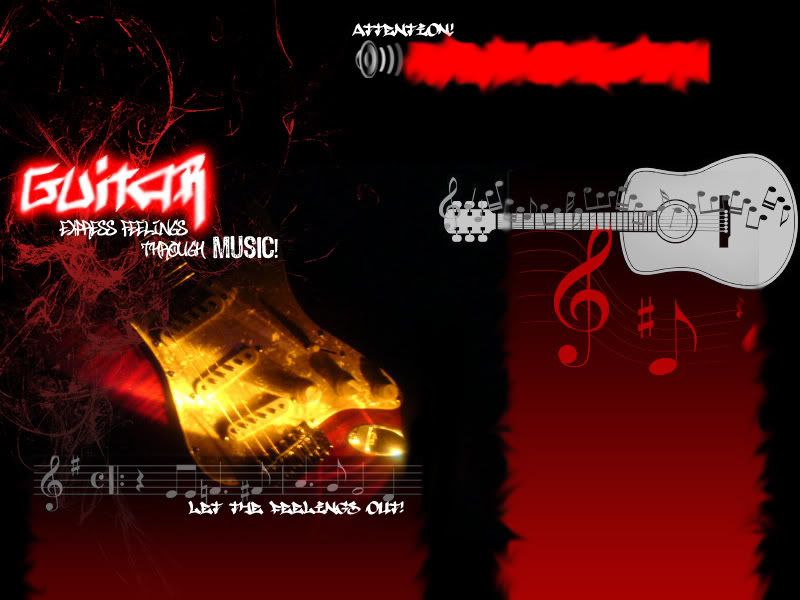Hey guys well I was not able to update my blog for about a month as i was busy with my personal life.Today i will be updating my blog.Firstly,i would like to wish all of those october babies and november babies a very happy birthday.Secondly,i would like to wish all muslim people out there SELAMAT HARI RAYA AIDILFITRI which had occur on the 3/10/08.Thirdly,i would like to wish all indian people a very HAPPY DEEPAVALI for the tamils and a very HAPPY DIWALI to all non-tamils.Fourthly,i would like to invite all of you to look below of this post as there are description of what is selamat hari raya and happy deepavali.
The Description of selamat hari raya aidilfitriHari Raya Aidilfitri (also Hari Raya Puasa, literally "Celebration Day of Fasting") is the Malay term for the Muslim festival of Eid ul-Fitr. Hari Raya is also known as Lebaran. Muslims in Brunei, Indonesia, Malaysia and Singapore celebrate Eid like other Muslims throughout the world. The term "Hari Raya" literally means "Day of Celebration" — it is also occasionally used to refer to Eid ul-Adha in the form of "Hari Raya Aidiladha". The main greeting used by Muslims in Malaysia and Singapore is "Selamat Hari Raya" which means "Happy Eid" in Malay. Another greeting is "maaf zahir dan batin" which translates loosely to "I seek forgiveness (from you) physically and spiritually", for Hari Raya is a time to reconcile and renew relationships with others. The description of happy deepavaliDeepavali, or Diwali, (Markiscarali) is a major Indian festival, and a significant festival in Hinduism, Sikhism and Jainism. Many legends are associated with Diwali. Today it is celebrated by Hindus, Jains and Sikhs across the globe as the "Festival of Light," where the lights or lamps signify victory of good over the evil within every human being . The festival is also celebrated by Buddhists of Nepal, particularly the Newar Buddhists.
According to one theory Diwali may have originated as a harvest festival, marking the last harvest of the year before winter. In an agrarian society this results in businessmen closing accounts, and beginning a new accounting year. The deity of wealth in Hinduism, goddess Lakshmi is therefore thanked on this day and everyone prays for a good year ahead. This is the common factor in Diwali celebrations all over the Indian subcontinent.
In many parts of India, it is the homecoming of King Rama of Ayodhya after a 14-year exile in the forest. The people of Ayodhya (the capital of his kingdom) welcomed Rama by lighting rows (avali) of lamps (deepa), thus its name, Deepawali, or simply shortened as Diwali. Southern India marks it as the day Lord Krishna defeated the demon Narakasura. In western India it is also in honor of the day King Bali went to rule the nether-world by the order of Vishnu. (There is another festival 'Onam' which is celebrated in Kerala around the month of August to mark this legend)
Diwali is celebrated on the first day of the lunar Kartika month, which comes in the month of October or November.
In Jainism it marks the nirvana of Lord Mahavira, which occurred on October 15, 527 BCE. The Sikhs celebrate Diwali for a different reason; on this day, the Sixth Guru, Guru Hargobind Ji, was freed from imprisonment along with 52 Hindu Kings (political prisoners) whom he had arranged to be released as well. After his release he went to Darbar Sahib (golden temple) in the holy city of Amritsar. There, he was greeted by Sikhs and many other people. In happiness they lit candles and diyas to greet the Guru. In India, Diwali is now considered to be a national festival, and the aesthetic aspect of the festival is enjoyed by most Indians regardless of faith.
3:11 PM
Thursday, October 23, 2008
&& i think of u every night~


